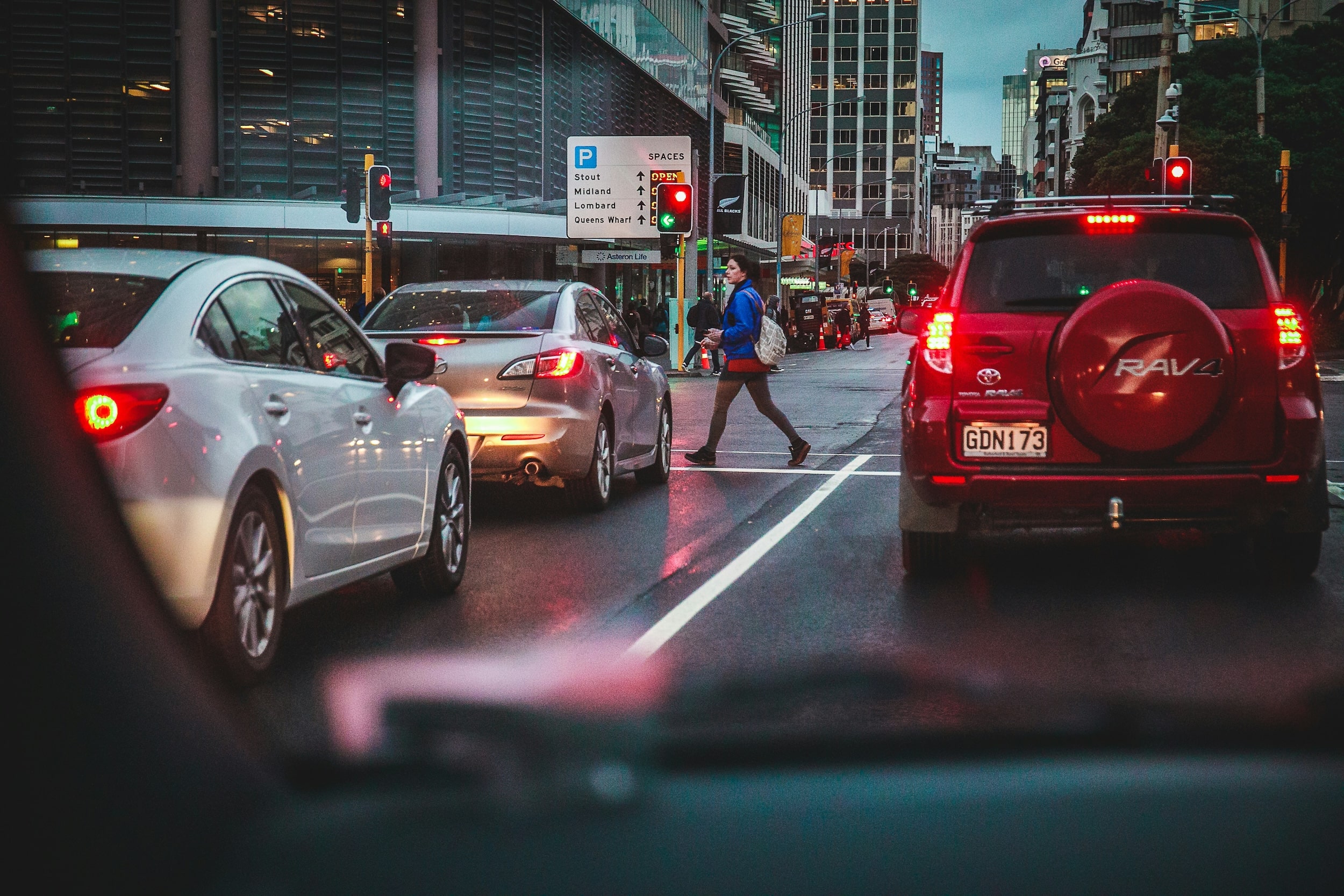
Blind spots play a role in road deaths and injuries every year. Learn how Direct Vision Standards aims to reduce blind spots for greater road safety.
In the last five years, blind spots restricting the view of drivers have played a role in 63 road deaths and more than 1,100 serious injuries. Blind spots pose a threat to 44% of drivers, with 35% of drivers having had a collision or near-miss because of them. Part of the Mayor of London’s Vision Zero plan, Transport for London’s (TfL) Direct Vision Standards (DVS) aims to help change this by addressing the problem of blind spots in heavy goods vehicles (HGV) weighing more than 12 tonnes.
Improving Driver Visibility
The design of HGVs creates blind spots that pose a significant risk in densely populated urban environments such as Greater London. These blind spots make it impossible for HGV drivers to see pedestrians, cyclists, other vulnerable road users, and smaller vehicles.
The DVS measures how much an HGV driver can see through the cab windows and indicates the risk level the lack of visibility poses to vulnerable road users. This is expressed as a star rating from 0 (poor direct vision) to 5 (excellent direct vision).
The second phase of DVS, which comes into effect in October 2024, will raise the minimum rating to 3 stars. All HGVs with less than the required 3-star rating must be equipped with a Progressive Safety System (PSS) such as Crystal Ball’s DVS solution.
The PSS includes a camera monitoring system and/or Class V and VI mirrors, a blind spot information system, a moving off information system, side under-run protection, audible warnings when the vehicle turns left, and external warning signs.
Once vehicles have been equipped with a compliant PSS, HGV drivers or fleet operators can apply for a DVS permit, allowing them to drive into and through and operate in Greater London. The drivers/owners of any non-compliant HGVs will be fined £550 every time they’re caught by TfL’s Automatic Number Plate Recognition cameras.
DVS Benefits for Fleet Managers
Complying with the updated DVS offers various benefits to fleet managers and operators. Firstly, compliance means enhanced safety for vulnerable road users, drivers, and vehicles.
Thanks to its advanced optics, the CMS can also increase driver visibility in challenging conditions such as low light. By reducing the number of road accidents, the PSS reduces repair bills and may even result in discounted insurance premiums.
As Greater London and other urban areas become more densely populated, the need for safer roads grows. By using Crystal Ball’s solutions, you can comply with the updated DVS, protect your drivers, vehicles, and vulnerable road users, and reap other benefits, too.
Sponsored content


 EN
EN PL
PL RU
RU DE
DE HU
HU EE
EE LV
LV RO
RO SI
SI CZ
CZ LT
LT